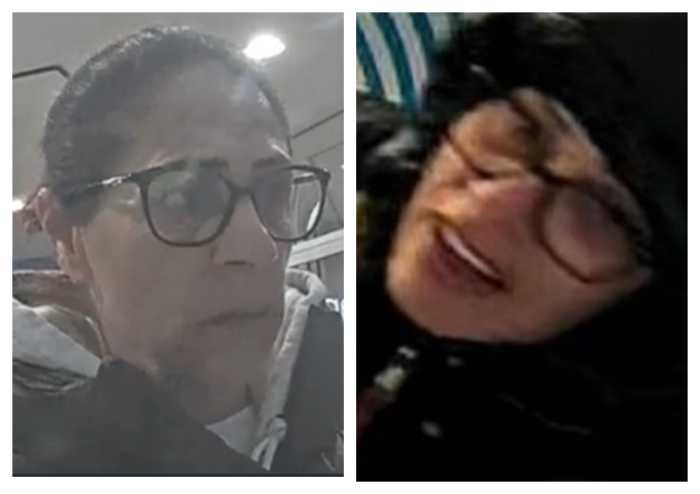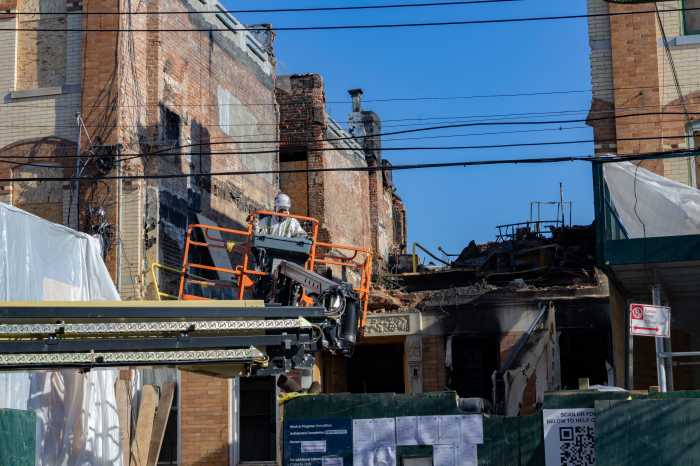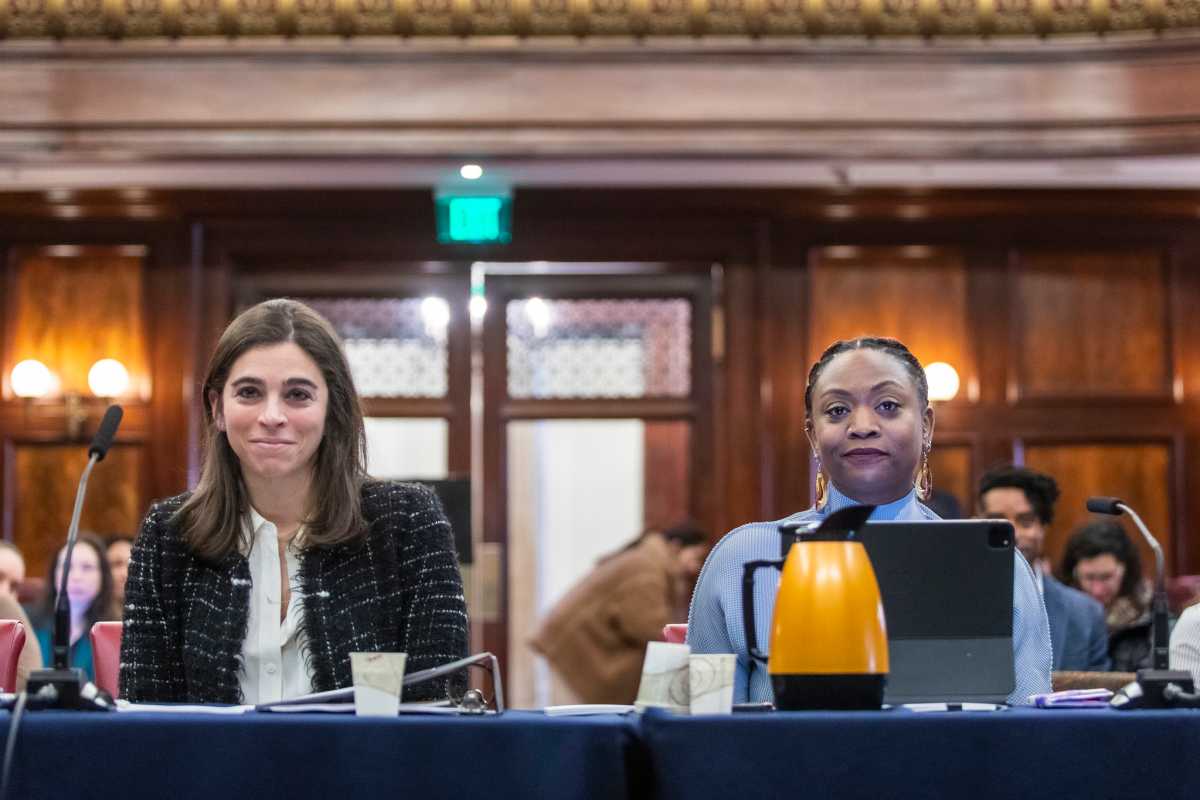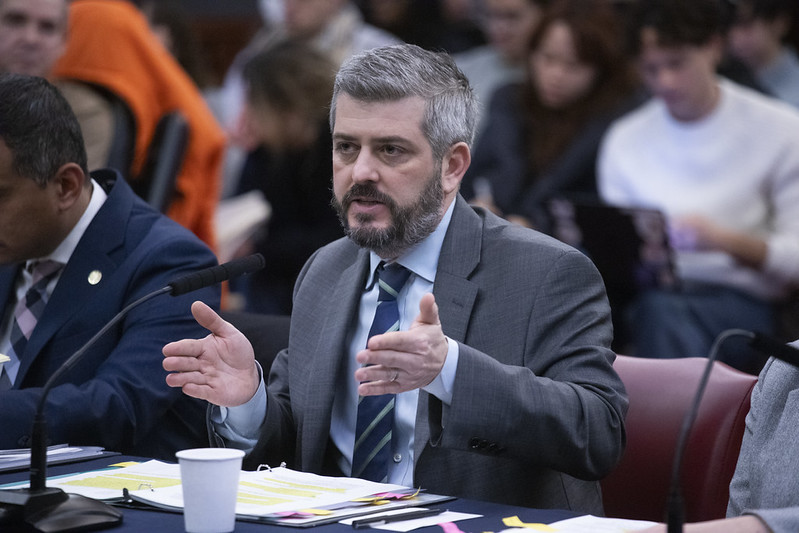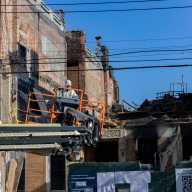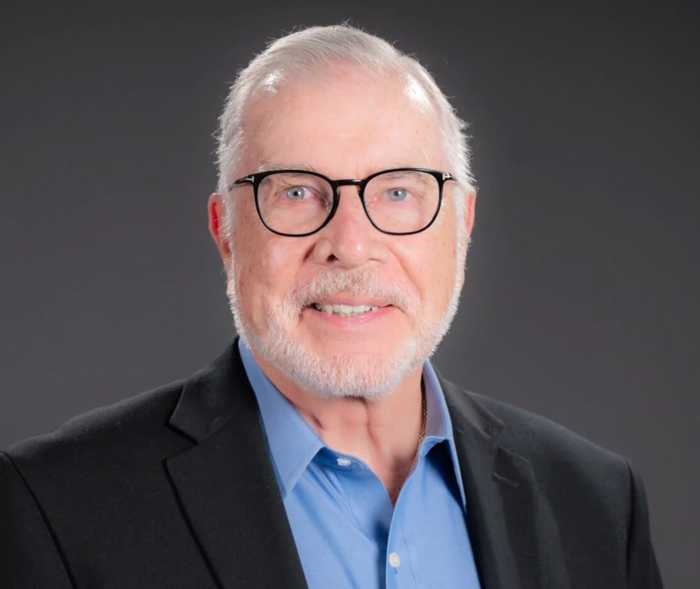Tried To Blow Up Jet Fuel Lines
A 65-year-old man was ordered last Friday, Jan. 13, to serve the rest of his life in federal prison for conspiring to commit a terrorist attack at John F. Kennedy International Airport by exploding fuel tanks and the fuel pipeline under the hub, it was announced.
Law enforcement sources said Kareem Ibrahim was sentenced last Friday by U.S. District Judge Dora L. Irizarry for his role in the plot, which he and his co-conspirators believed would cause extensive damage to the airport and to the New York economy, as well as the loss of numerous lives.
At the Ibrahim sentencing, Judge Irizarry stated, “This case shows the government at its best in terms of protecting the security of this country.”
The sentence was announced by Loretta E. Lynch, U.S. Attorney for the Eastern District of New York. The case was investigated by the Federal Bureau of Investigation (FBI) Joint Terrorism Task Force (JTTF) in New York.
“Kareem Ibrahim abandoned the true tenets of his religion and plotted to commit a terrorist attack that he hoped would rival 9/11,” stated Lynch. “But law enforcement detected and thwarted the plot, saving lives. Now, our courts have dispensed justice by handing out the life sentence that Ibrahim deserves.”
A federal jury convicted Kareem Ibrahim of multiple terrorism offenses in May 2011 after a four-week trial. The evidence at trial established that Ibrahim, an Imam and leader of the Shiite Muslim community in Trinidad & Tobago, provided religious instruction and operational support to a group plotting to commit a terrorist attack at JFK Airport.
The plot originated with Russell Defreitas, a naturalized United States citizen from Guyana, who drew on his prior experience working at JFK Airport as a cargo handler to plan the attack on its fuel tanks and fuel pipeline.
Beginning in 2006, Defreitas recruited others to join the plot, including Ibrahim, Abdel Nur and Abdul Kadir, a former member of parliament in Guyana.
In May 2007, Defreitas presented Ibrahim with video surveillance and satellite imagery of the targets for terrorist attack because Ibrahim had connections with militant leaders in Iran.
During cross-examination at trial, Ibrahim admitted that he advised the plotters to present the plot to revolutionary leaders in Iran and to use operatives ready to engage in suicide attacks at the airport. On one of the recorded conversations entered into evidence, Ibrahim told Defreitas that the attackers must be ready to “fight it out, kill who you could kill and go back to Allah.”
According to the trial evidence, the conspirators also attempted to enlist support for the plot from prominent international terrorist groups and leaders, including Adnan El Shukrijumah, an al Qaeda leader and explosives expert, and Yasin Abu Bakr, leader of the Trinidadian militant group Jamaat Al Muslimeen.
Ultimately, the plotters followed Ibrahim’s direction and sent Abdul Kadir to meet with his contacts in the Iranian revolutionary leadership, including Mohsen Rabbani, the former cultural attache indicted for his leading role in the 1994 bombing of the AMIA Jewish cultural center in Buenos Aires, Argentina.
Ibrahim, Kadir, and Nur were arrested in Trinidad in June 2007, with Kadir aboard a plane headed to Venezuela, en route to Iran. All three were subsequently extradited to the United States. Defreitas was arrested in New York.
After a nine-week trial in 2010, Defreitas and Kadir were convicted of terrorism charges and sentenced to life in prison. Nur pleaded guilty before trial to supporting the plot and was sentenced to 15 years in prison.
The specific charges Ibrahim was convicted of were conspiracy to attack a public transportation system, conspiracy to destroy a building by fire or explosive, conspiracy to attack aircraft and aircraft materials, conspiracy to destroy international airport facilities and conspiracy to attack a mass transportation facility.
Lynch extended her grateful appreciation to the FBI Joint Terrorism Task Force in New York for its role in investigating and prosecuting the case, as well as to the Guyanese and Trinidadian law enforcement authorities who assisted with the investigation and apprehension of the defendants.
The government’s case was prosecuted by Assistant United States Attorneys Marshall L. Miller, Berit W. Berger, and Zainab Ahmad.


